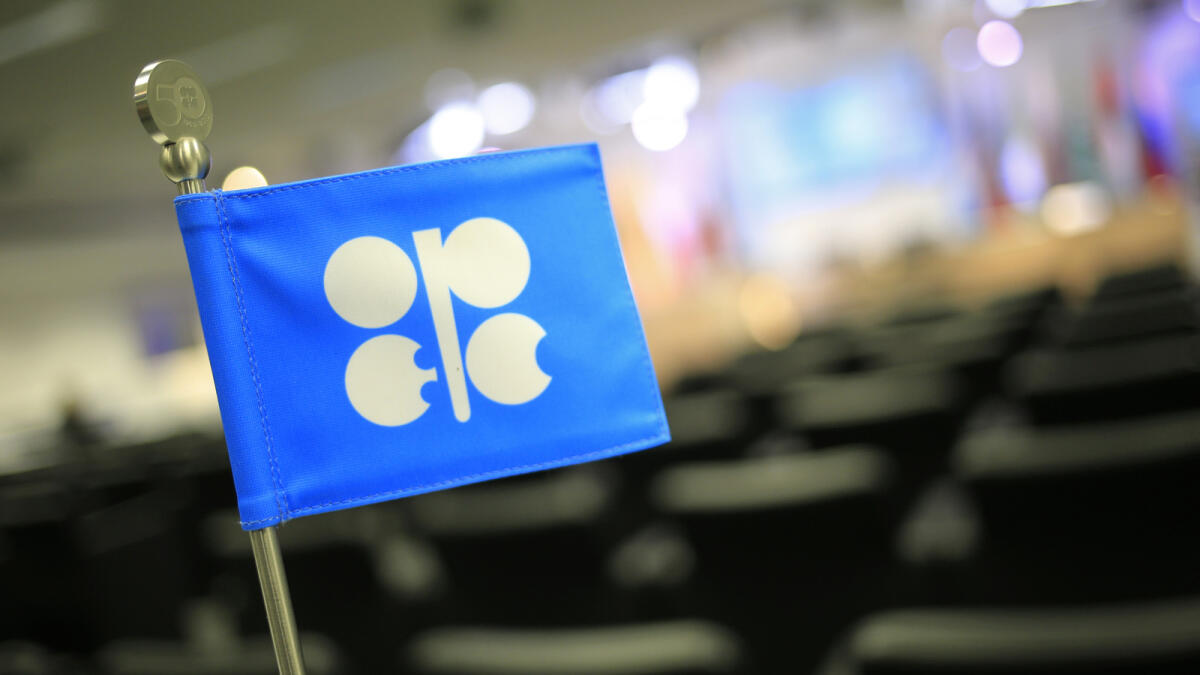In August, the OPEC oil output dropped to its lowest level since January, according to a Reuters survey. The organization pumped 26.36 million barrels per day, a decrease of 340,000 barrels per day from July. This was the lowest total since January 2024. The decline in output was due to unrest in Libya disrupting the oil supply, in addition to ongoing voluntary supply cuts by other OPEC members and the wider OPEC+ alliance.
The drop in Libyan exports and production, caused by a standoff between political factions over control of the central bank, has had a significant impact on oil prices. This has also led to increased speculation that OPEC+ will proceed with a planned output hike starting in October. Libya experienced the largest supply loss last month, with production disrupted at the Sharara field and other fields, resulting in an average output of 900,000 barrels per day.
While some data, like that of Kpler, showed minimal impact on Libyan exports in August, sources in the survey estimated that the production impact was more significant. Libya is exempt from OPEC+ agreements to limit production, along with Iraq and Iran. Iraq reduced exports in August to comply with its OPEC target, while Iran has been increasing exports over the past few years despite U.S. sanctions.
Iran continues to pump close to the highest levels since 2018, while countries like Nigeria saw a small increase in output in August. OPEC pumped about 220,000 barrels per day more than the implied target for the nine members covered by supply cut agreements. The survey also highlighted that Iraq accounted for the bulk of the excess production. The Reuters survey tracks supply to the market using shipping data from external sources, LSEG flows data, and information from companies like Kpler and Petro-Logistics, as well as input from sources at oil companies, OPEC, and consultants.
Overall, the decrease in OPEC oil output in August was primarily driven by disruptions in Libyan production and exports, along with ongoing voluntary supply cuts by OPEC members and the wider OPEC+ alliance. The unrest in Libya, caused by a political standoff over control of the central bank, led to a significant loss in oil supply from the country. This has impacted global oil prices and raised speculation about OPEC+ proceeding with a planned output hike starting in October. Despite the overall decrease in output, some countries like Iran and Nigeria saw a slight increase in production, while Iraq accounted for the bulk of excess production compared to the implied target for OPEC members under supply cut agreements.
While the data from sources like Kpler may show minimal impact on Libyan exports, sources in the Reuters survey estimate a more significant production impact. An exemption from production limits under OPEC+ agreements, Libya, Iraq, and Iran have played a significant role in the fluctuations of oil output. Iran’s ability to increase exports despite U.S. sanctions and Iraq’s efforts to comply with OPEC targets have also influenced the overall output levels. The Reuters survey continues to provide valuable insights into the oil market, tracking supply through various data sources and input from industry experts.










